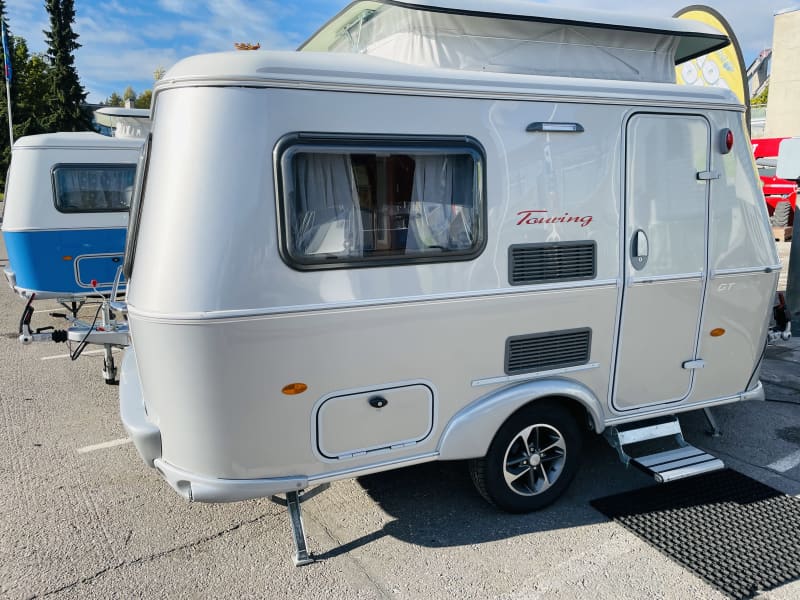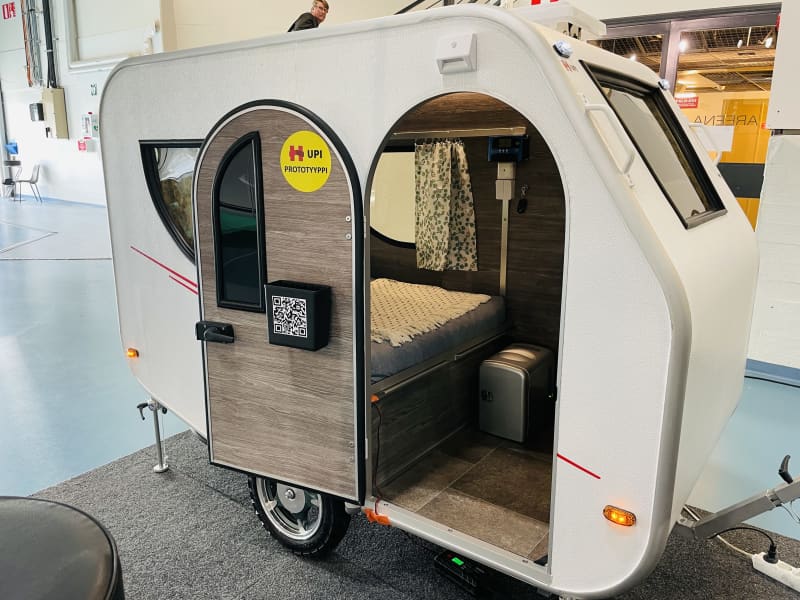Sales of recreational vehicles took off at the height of the boom. Now sales figures have plummeted as concerns about the economy and component shortages have cut into sales. But the sector is still doing well.
Sales are still at pre-rate levels and there is plenty of confidence in the future.
– Concerns about electricity and fuel prices, the geopolitical situation and the gloomy economic outlook are of course reflected in the sector, but there is a willingness to buy. For example, second-hand trade is buoyant. These are signs that the future looks good,” says Jokinen.
The industry’s biggest event, the Caravan Fair, opens on Thursday in Lahti. Yle will be broadcasting live from the venue from 13:00. You can follow the broadcast in the video in the main story.
According to Jokinen, first-time buyers may still consider a large investment, but true enthusiasts will not compromise.
– The message from industry enthusiasts is that an important hobby should be kept. Maybe we will drive less and not go on long trips to Europe, but otherwise we will continue with the old model, believes Jokinen.
Individuality is the word of the day
Recent years have brought new enthusiasts to the group of caravanners, who bring new winds to the hobby.
– Caravanners need even more individual solutions. This means that we are looking for new ways of doing things and we need to find more new services, says Mika Jokinen.
Caravans no longer fit in the traditional compartment where you move from one Campsite to another.
– For example, we look for our own places outside the usual camping areas. For example, the electrification of recreational vehicles requires that there is a greater need for related services.

The same trend can also be seen in new motorhomes: individuality, adaptability and, for example, own electricity production have become visible.
– Solar panels can be seen on the roofs of many vehicles. Raised roofs and various tent solutions are in demand, as are camper vans built into vans, says Jokinen.

